 By
By
- J.R. Garrett, PhD, BSc, MBBS LDS FRCPath, MDLund(Hon.), King’s College School of Medicine and Dentistry, Department of Oral Pathology/ Oral Medicine, London, UK
- J. Ekström, MD, PhD Department of Pharmacology, Institute of Physiology and Pharmacology, Göteborg University, Box 431, SE 405 30 Göteborg (Sweden)
- L.C. Anderson, DDS, PhD, University of Washington, School of Dentistry, Department of Oral Biology, Seattle, Wash. (USA)
Book Description
Series: Frontiers of Oral Physiology
Saliva is essential for oral health and influences all events in the mouth. In 1850, Ludwig discovered that automatic nerve impulses evoke salivary secretion and all work since has shown that the nerves normally control the flow and protein output of saliva. This publication, written by international experts, is devoted to the neuroglandular mechanisms of this control. The chapters contained deal with: the intimate details of the nerves and their different transmitters in the glands; central connections of the glandular nerves; receptors in the glands; nerve-induced glandular secretion of proteins; autonomic transmitters on salivary cells; and the roles of non-conventional transmitters in the glands.
Product Details
- Hardcover: 236 pages
- Publisher: S Karger Pub; 1 edition (December 1999)
- Language: English
- ISBN-10: 3805568800
- ISBN-13: 978-3805568807
- Product Dimensions: 9.5 x 7 x 0.8 inches
- Shipping Weight: 1.4 pounds
Download
Download here
Download here
Dental eBooks’ Library


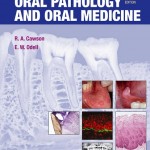

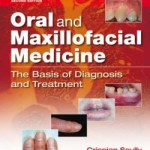
![[Free] Burket’s Oral Medicine, 11th Edition](https://dental.downloadmedicalbook.com/wp-content/uploads/2012/06/Burkets-Oral-Medicine-11th-Edition-250x3231-150x150.jpg)
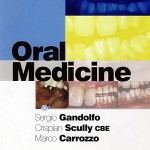

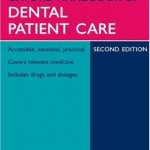
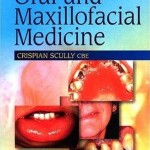

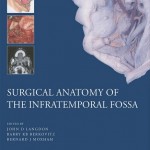
link is broken
New link added!